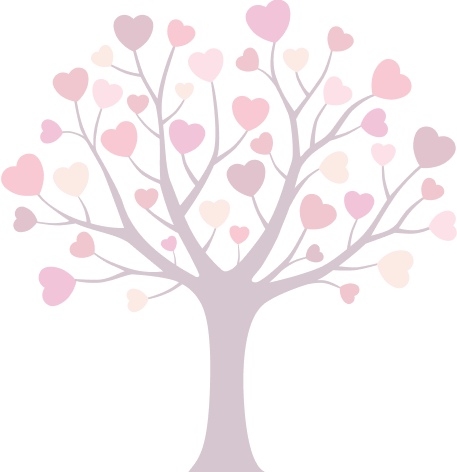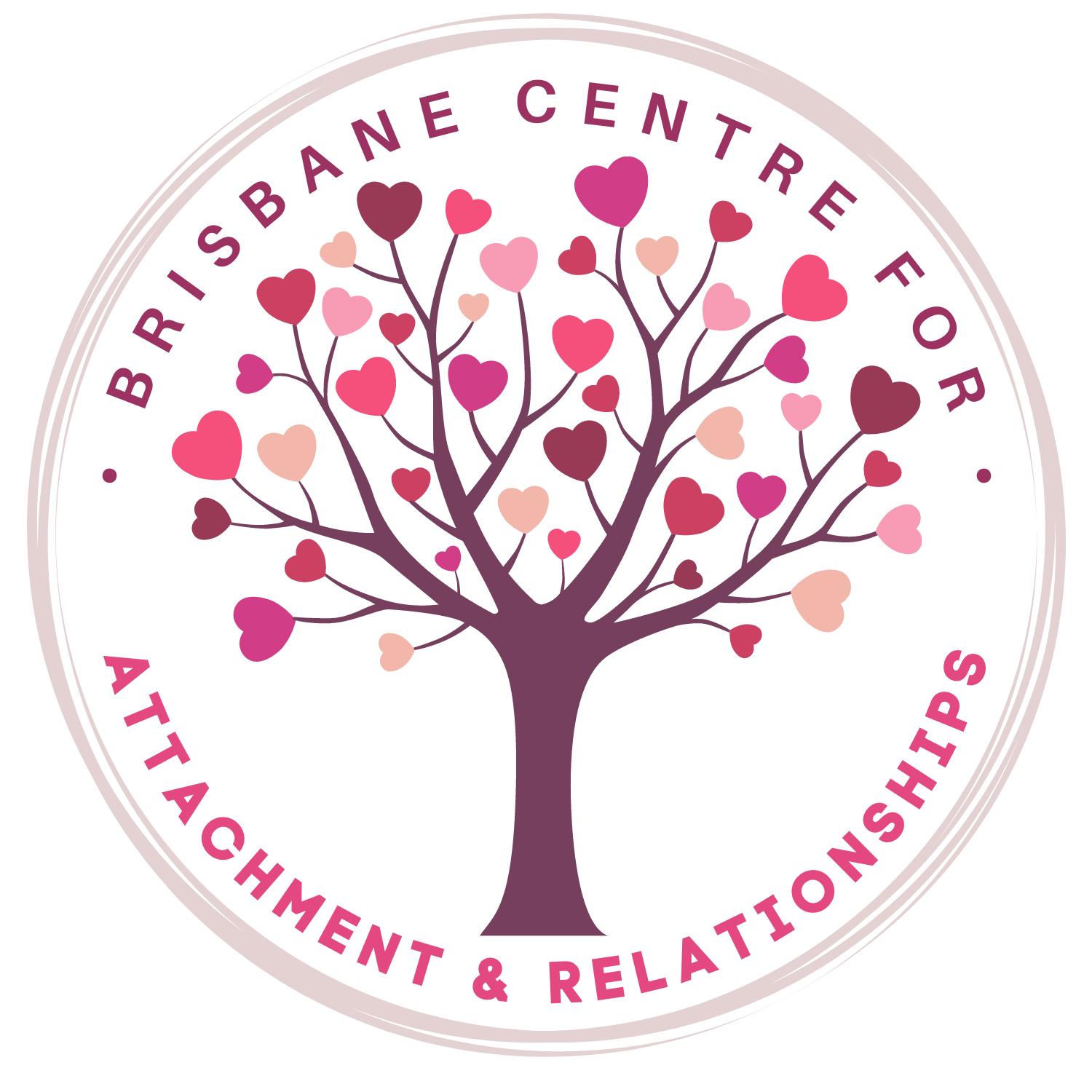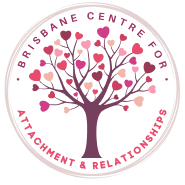About Us

We are a psychology & therapy practice with attachment at our heart.
We are here to help you to achive the life you want, whether that involves overcoming obstacles, connecting more fully with your goals, values and purpose, or whether it involves strengthening your relationships with the special people in your world. When we are assisting adults, young people, children, couples, relationships or families, we prioritise the connections between people in devleoping their health and wellbeing.
Directed by Dr Clare Rosoman (she/her), who is also the Director of the Brisbane Centre for Emotionally Focused Therapy (BCEFT), we are a group of therapists who are passionate about people and helping them to flourish. Our group of therapists have broad-reaching expertise, special interest areas, and advanced-level training in specific forms of therapy.
We have a genuine desire to help you to live a full and vital life.
Our Mission
We value human connection in all our interactions. It is our mission to create a safe space for our clients to grow into the best versions of themselves and to thrive in their relationships. We are dedicated to bringing the most effective, evidence-based treatment approaches to the people we are lucky enough to work with and to assist. As the perfectly imperfect humans we are, we embrace the humanity in all we encounter. We are committed to helping you to build the life you want and to achieve your goals.
How we work
Attachment-based
All of our therapists are informed by Attachment Theory in & as a result, our approach is warm, non-judgemental, & de-pathologising. We believe in the healing and transformative power of human connection in overcoming obstacles and in living a full life. We honour our clients' emotional processes, their goals for therapy, and centre their experience.
what is attachment?Trauma-informed
Our therapists work in a trauma-informed manner, recognising and understanding how traumatic experiences impact a person's emotional, physical and spiritual health. We value a person's way of living with their past traumas and see psychological symptoms as the byproduct of unprocessed pain and coping strategies. We are safe and growth-based.
what is relational trauma?Connection-driven
We prioritise interpersonal connections, believing them to be a rich source of strength, sollace and meaning. When working with individuals or relationships, we pay special attention to interpersonal connections and patterns of communication. We all cope better in co-regulation with safe others. After all, life is easier when it is shared with those who matter most.
what is eft?Welcoming
We strive to create an environment where each person that we are privileged to work with can feel welcomed and appreciated for their uniqueness. We aim to understand your personal context, leaning in with curiosity rather than assumptions. We want to join with you in determining your treatment goals - appreciating your unique circumstances and honoring your needs.
meet the teamTherapy & training for therapists
Our Director, Clare Rosoman, provides information on Emotionally Focused Therapy and training for therapists at the Brisbane Centre for Emotionally Focused Therapy (BCEFT)

How we can Help you...
We take an attachment-focused and non-judgemental approach to all our work. We believe in creating a safe and accepting environment for all in our space, knowing that we are all imperfect humans, doing our best to cope with what life throws at us. Our therapists have advanced skills and expertise in a range of special interest areas to help you to live the life you want.
Relationships
We know that all humans need loving connections in order to thrive in life. We are here to help partners to form strong loving connections. Using Emotionally Focused Therapy (EFT), we take a non-blaming, emotionally sensitive approach to building secure bonds. We work with diverse relationships as well as couples to create secure connections that benefit all.
We work from an attachment framework when assisting families to disentangle hurts and misunderstandings and to build strong loving connections that honour all family members. Our therapists are trained in Emotionally Focused Therapy for Families (EFFT), which prioritises connections and clear communication to resolve hurts and build strong bonds.
Who we can help
Services for Individuals:
Children, young people, and adults
In-person or online sessions
Honouring of all abilities, sexualities, genders & neurotypes
Depression and mood disorders
Anxiety disorders including Panic Disorder and OCD
Trauma, complex trauma, and PTSD
Sexuality and gender concerns
Adjustment difficulties and life transitions
Stress and interpersonal conflict
Addictive and substance-abuse concerns
Finding life direction & meaning
Services for Relationships & Families:
Couple and relationship therapy inclusive of all relationship structures
In-person or online sessions
Building attachment security & increasing relationship satisfaction
Improve your communication & conflict resolution skills
Coping with relationship transitions and separation
Recovery from betrayal or boundary violations
Building security in consensually non-monogomous relationships
Working through differences & finding compromise
Sex therapy to overcome sexual challenges
Family therapy to build connection & reslience
Parenting skills training & support
Finding the right therapist
Our team of skilled and warm therapists will work with you to identify your treatment goals, to find a therapeautic approach that resonnates, and will support your progress throughout. We have a diverse group of therapists at the Brisbane Centre for Attachment & Relationships from a range of cultural backgrounds and with varied lived experiences. It is important to us that you find a therapist who is a good fit for you, so that you can gain the maximum benefit from your therapy.
Our work is in the service of helping you to create a life worth living.

Types of therapists
Psychotherapists & Counsellors
Our psychotherapists and counsellors have postgraduate university level training in counselling as well as specialist training in evidence-based therapies. Psychotherapists are highly trained in counselling skills and in building a strong therapeutic allicance in order to help their clients to achieve personal growth. Psychotherapy focuses on core issues and root causes such as how past events affect chronic emotional problems and thought processes leading to distress, both within the individual and in their relationships. Our psychotherapists are committed to ongoing professional development to hone and refine their skills.
General Psychologists
Our general psychologists have completed a 4-year bachelor degree majoring in psychology followed by postgraduate Masters or Doctorate degrees in psychology. Psychologists are trained in the assessment and diagnosis of mental health concerns as well as a broad range of evidence-based interventions. Psychologists provide both short & long-term therapy. Some of our psychologists have an "area of practice endorsement" such as educational and developmental psychology or counselling psychology. That means that their postgraduate training and subsequent professional development has focused in this area and they have advanced skills in this field of practice.
Clinical Psychologists
Clinical psychologists are registered psychologists with an "area of practice endorsement" in clinical psychology. Our clinical psychologists have completed the same course of university study as our general psychologists and their postgraduate training has been in clinical psychology. Their training has a strong emphasis on assessment, diagnosis and treatment of moderate to severe mental health concerns. They have also completed a "clinical psychology registrar program" after graduation. This is a course of professional development to further refine their skills. Clincal psychologists provide both short and long-term therapy, as well as assessment and diagnosis.
Confidentiality & Privacy
We understand how vulnerable people can feel when considering sharing the most intimate parts of their lives with us. We want to offer reassurance that we respect our clients' right to a private and confidential service. We pride ourselves on upholding the highest standards of confidentiality and privacy.
Confidentiality
Our therapy services are confidential. We take this very seriously and maintain the highest levels of confidenitality from a client's initial phone enquiry throughout ongoing care. Your personal information is kept strictly confidential and can only be released with your consent. There are some circumstances under which your personal information can be released without your consent. These include: where there is a serious threat to life, health or safety of an individual (yourself or another) or the public, or on a rare occasion to assist in the location of a missing person, or if the records are subpoenaed by a court of law. Under Queensland law, all adults have a responsibility to report sexual offences against a child to police.
Privacy
In order to provide you with an efficient and orderly service, some of your personal information will be collected. This is to allow our staff to make appointment bookings and for the clinic to provide you with the most appropriate care. You can access this service using a pseudonym if you choose. Administration staff are trained in confidentiality requirements and privacy laws and only have access to your contact and booking information. They do not have access to your clinical care notes. All personal information collected by your therapist will be kept strictly confidential and all records are safely stored in a secure location. Records are destroyed after 7 years after you last access this service for adults or until the age of 25 years for minors.
Qualifications & Fees
Therapist Qualifications
Our Psychologists are registered with the Australian Health Practitioner Regulation Agency (AHPRA)
Our Psychotherapists have postgraduate qualifications and membership to the Australian Counselling Association (ACA) or the Psychotherapy and Counselling Federation of Australia (PACFA)
All our therapists are committed to ongoing professional development and many regularly attend and assist at EFT training events in Australia
All have completed advanced level training in special areas such as couple/relationship therapy, family therapy, Triple P Parenting training, Acceptance and Commitment Therapy (ACT), sex therapy, or trauma-focused approaches such as Somatic Experiencing, EMDR or the Richards Trauma Process.
Advanced Training in EFT
All of our therapists have completed training in Emotionally Focused Therapy (EFT)
This enables them to work with individuals, couples, relationships, and families in an attachment framework
Fees & Rebates
Fees from $220-$275 per hour
Medicare rebates available for individual sessions with Psychologists (GP referral and Mental Health Treatment Plan required)
Private health rebates available depending on the service and your level of cover
Diversity & Inclusion Statement
The Brisbane Centre for Attachment & Relationships embraces diversity in the humans we are privileged to work with and values their relationships in all forms. We believe in the power of attachment and connection for all relationships, whether they are couples, polyamorous, monogomous or consensually non-monogomous and for the unique people who are enriched by them. We are deeply respectful of human difference, believing that it is our diversity that makes humanity so beautiful. We are honoured to work with people across the sexuality and gender spectrum and of all neurotypes. We respect the cultural and spiritual context in which people live and love. We proritise acceptance and emotional safety in our relationships with others and seek to communicate this clearly in all our interactions.
Our clinicians are embracing of all relationship types (including couples, polyamorous, monogomous or consensually non-monogomous relationships), individuals who identify as LGBTQIA+, all sexualities, genders, cultures, and neurotypes.

Embracing Cultural Diversity
Embracing Sexuality, Gender, Body & Relationship Diversity
Embracing Neurodiversity
Our Approach to Diversity & Inclusion
At The Brisbane Centre for Attachment & Relationships, it is important to us to be an ally to the communities we support. There are several intentional, practical, and relational supports we put in place to ensure your safety and comfort.
Some examples of what to expect at our practice include:
Prioritising Pronouns: We introduce ours and ask yours from intake. We respect if you do or don’t feel comfortable sharing your pronouns.
Flexible Invoicing: We can split invoices in group therapy for all relationship structures and organise group sessions according to need and preference.
Non-Judgemental Intake Process: We ensure that our intake forms and therapeutic assessment process is inclusive and non-judgmental. We don’t make assumptions regarding your requirements, needs or preferences. Our forms and questionnaires are designed to include all folks.
Stimulation Support: Fidget toys are accessible in the office and on request while you wait and during sessions to minimise discomfort or over-stimulation. This includes available note paper if you’d like to take notes. Your therapist is also open to other suggestions to increase your comfort, such
Environmental Access & Sensory Adaptation: Our therapy space is designed to suit all requirements, needs and preferences. Our group room is fully accessible. We can also adjust seating arrangements, heating, and cooling.
Trained Practitioners: All practitioners at our centre are provided ongoing support, supervision, and training relevant to deepening awareness, acknowledgment, and active support of the communities we service. We are all committed to life-long learning, to inclusivity, and we take an active stance against discrimination.
We are open to feedback!
We are committed to making our practice equal and safe for all. As a part of being responsive to our clients, we are open to learning through your feedback. The above are simply some examples; supporting you is not limited to these examples. We are open to other suggestions from all the communities we are dedicated to supporting.

